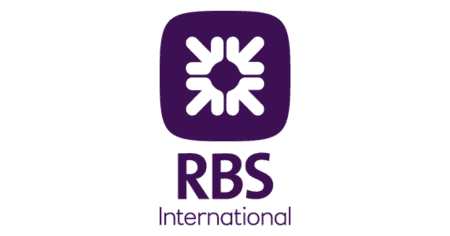Climate Emergency: Alternative Investment Funds Unprepared for Implementation of Science-based Targets
RBS International has revealed the results of new research which looks to better understand the extent to which Alternative Investment Funds (AIFs) are implementing science-based targets (SBTs), and the barriers in doing so.

Between February 2022 and March 2022, the institutional banking provider surveyed 125 key influencers on decisions relating to investment strategy in AIFs and interviewed six industry experts across a range of sectors.
The sample covered funds domiciled across five jurisdictions (UK, Jersey, Luxembourg, Guernsey, other Western Europe) and five sectors (real estate, private equity, infrastructure, renewables, private debt).
The rise of SBTs
The Science Based Targets Initiative (SBTi) was launched in 2015 to mobilise the private sector to take climate action seriously and set standards that companies could adhere to in their journey towards net zero.
Since then, COP26 has underlined the investment gap in climate initiatives and called upon banks and other financial institutions to invest in the transition to net zero.
As pressure mounts on fund managers to scrutinise their investment activities, SBTs are poised to become the leading framework in the sustainable finance space. However, according to the research, less than half (42%) of AIFs currently implement SBTs.
Despite this, almost three quarters (74%) of survey respondents agree that the financial sector must set clear targets for achieving net zero and 35% believe that regulatory pressure is the primary driver for adopting SBTs.
Investors are also increasingly looking for clear evidence that fund managers are pursuing SBTs, with more than three quarters (76%) of respondents saying that investors are looking for clear evidence that funds are setting SBTs.
Although setting SBTs remains voluntary, peer pressure and net zero initiatives are also becoming a force to be reckoned with. Almost a quarter (23%) of respondents say this was playing into their decision to adopt SBTs.
What’s more, bank/lender pressure is another important factor (18%), as many institutions have made public commitments to exit customers who fail to decarbonise or set robust net zero targets.
Stumbling blocks
So, with eight out of ten (82%) saying that SBTs are important to their fund today, and over half considering them very important, why do only 42% currently implement them?
Results reveal that a lack of in-house skills or expertise is a key obstacle for funds, with almost half (49%) ranking this within their top three barriers to setting SBTs within their firm. Implementation time (48%) and measurement difficulties (46%) also appear in the top three barriers.
While many AIFs see clear benefits from implementing SBTs, results highlight how they lack the technical knowhow to implement these in practice. From this, it seems that investing in the right resource, whether internal or external, will be crucial to the successful adoption and implementation of SBTs.
Results also show that all respondents would value some kind of third-party support, as less than half (42%) plan to implement SBTs via their internal ESG team. Most (58%) are looking to seek expertise outside of their organisation, whether from a consultant (32%) or another third party (26%), including their lenders.
Bradley Davidson, ESG Lead at RBS International, said: “As a financial institution, we face many of the same challenges as funds, and if understanding our path can help you to map out your own, we encourage you to reach out.
“Our research has highlighted the appetite for adopting SBTs across all sectors, but it also lays bare the barriers AIFs must first navigate. Collaboration sits at the centre of our purpose-led strategy, and we want to have open dialogues with our customers to make this journey smoother and more successful for them.
“We’re encouraged by the increasing depth of our discussions and look forward to working with our customers and peers to set clear and meaningful targets that support the transition to a net zero economy.”
To read the full report, or learn how RBS International can support with SBTs, please visit: https://www.rbsinternational.com/sbti




